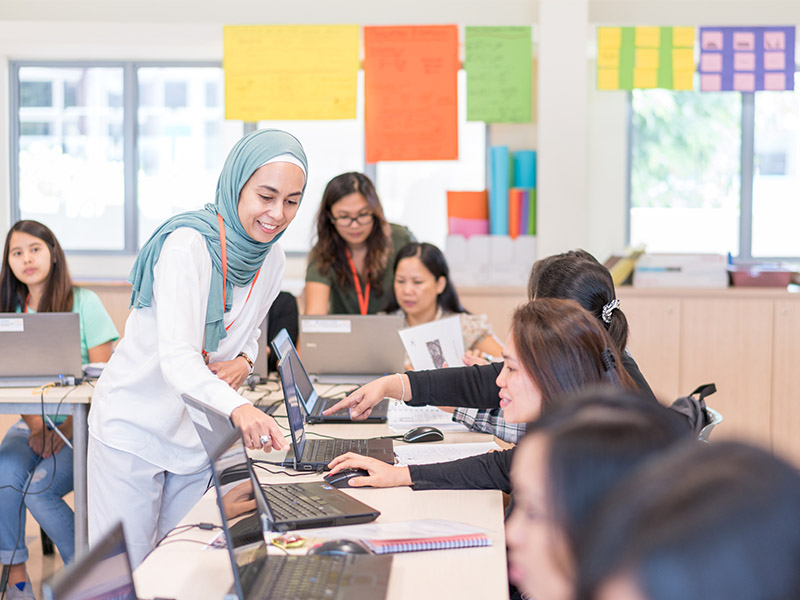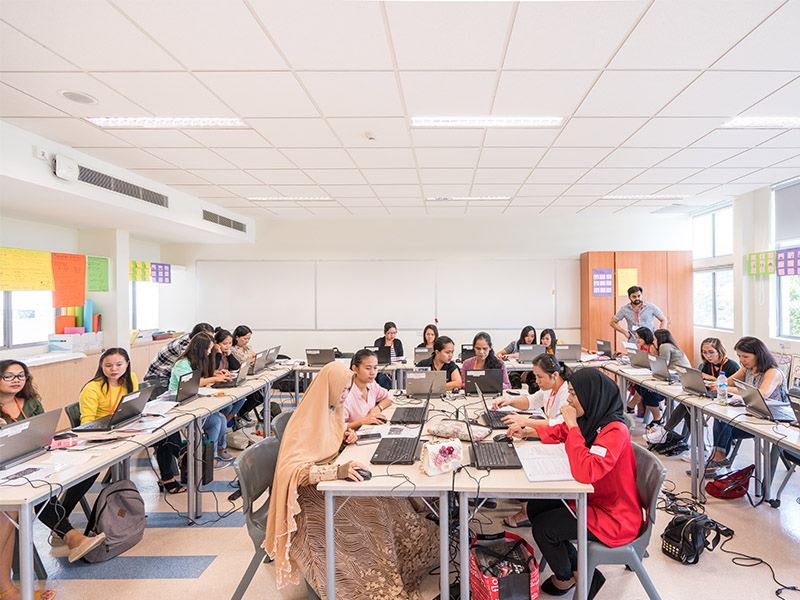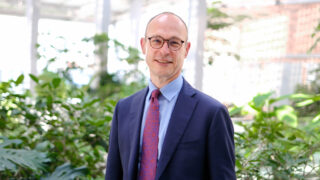When you volunteer your time, the person you help the most might just be yourself.
Aidha
LAURA ZACCARIA volunteers her time helping other women at Aidha, a non-profit whose aim is to empower female foreign domestic workers (FDWs) and lower-income Singaporean women by teaching them wealth creation and financial management. It’s a very cool programme and Laura gets as much out of the experience as the women she helps. “I found out about Aidha at a period in my life where I was going through a lot of change and questioning things (a big break up; switching jobs) so giving back and making a positive contribution seemed like a great way to spend my free time. It’s been over three years now, and it’s such a rewarding experience.”
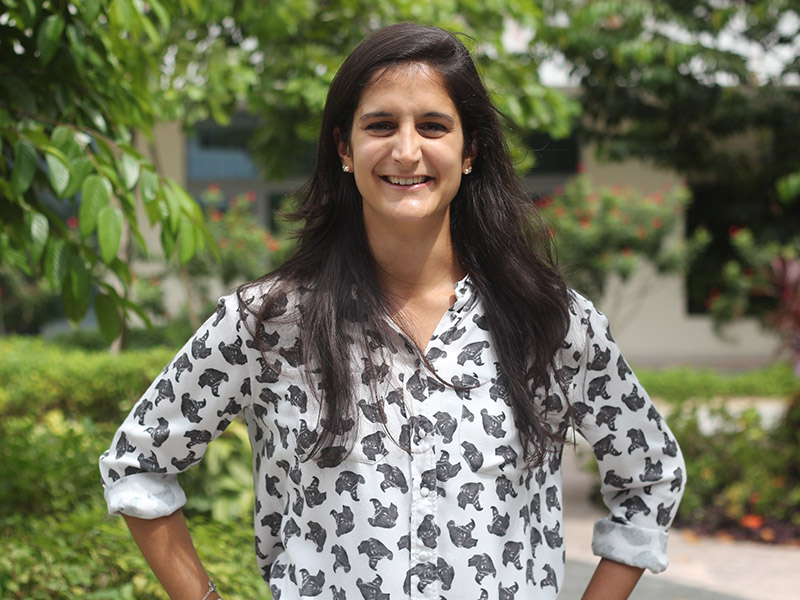
ARCELYN SILOY is one of the women helped by Aidha, and her story is all too familiar. She moved here from the Philippines to make a better life for her children back home, only to discover that living in Singapore wasn’t easy at first. Arcelyn worked for a family that held her wages and gave her no days off. She didn’t know how to cook or clean properly and had to learn through her mistakes. “I questioned myself: ‘How am I going to survive here?’ I missed my children terribly and wanted to go back to my old life. I felt pressured and I had to find a way to fight off these feelings,” she says.
After two really tough years, Arcelyn changed to new employers who introduced her to Aidha. “I realised that it wasn’t too late for me to upgrade myself. Aidha changed me in every way – it changed my life and how I look at my future! Before, I didn’t know how to save money. I lacked confidence. I couldn’t even talk in front of a small group of people – but look at me now; I can stand and present confidently in front of my peers. Six months after I joined the course, I saved and made an investment by buying a house. I became more confident and content with what I have.”
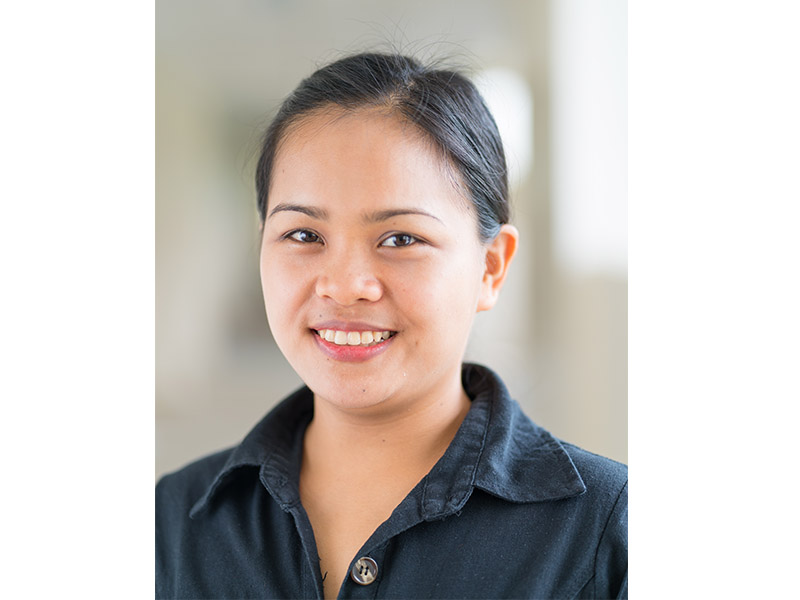
How does Aidha work?
Aidha offers classes in areas such as money management, computer skills, leadership, business strategy, English and more. The idea is to prepare the students to go out into the world and be financially independent, whether that be saving money or starting a business. The key to making it work is the volunteers who teach the courses – it’s a mutually beneficial relationship.
“I get what the students gain,” Laura says. “Seeing fabulous women grow in confidence and improve their ability to handle difficult situations and conversations, to speak on stage in front of a group, to create meaningful relationships and a support network – it’s amazing. The team and mentors at Aidha are also extremely supportive; there’s no such thing as Sunday blues!”
Nothing measures the success of a school better than the success of its graduates, and Aidha’s stats are pretty impressive. Four out of five graduates save more money monthly and 40 percent of Aidha students start their own small business after graduating. Those are the tangible results, but a lot of the most important changes you can’t see. The students gain more confidence in all areas of their lives.
In addition to classes, Aidha also offers a community for students and volunteers alike. There are potluck dinners, Zumba classes, health check-ups and more. The idea is to combine fun with learning and to develop a group who can help support you on your journey.
Enrolling and volunteering
Three-hour classes are given two Sundays a month for six months. The heavily-subsidised fee is $200 and an FDW can enrol herself or an employer can do the enrolment for her. New enrolments start every month. There are three modules in total, each building on the other, and culminating in a big graduation ceremony. Aidha relies on volunteers from all backgrounds and walks of life not only to teach the students, but also to support the staff. Find out how you can get involved by checking out aidha.org.
Want to learn more about volunteering in Singapore? Be sure to pick up the April issue of Expat Living.
For more helpful tips head to our living in Singapore section.
How volunteering can help your day job
Starting a business in Singapore
What’s it like living in Pasir Ris
This article first appeared in the March 2019 edition of Expat Living. You can purchase a copy or subscribe so you never miss an issue
Don't miss out on the latest events, news and
competitions by signing up to our newsletter!
By signing up, you'll receive our weekly newsletter and offers which you can update or unsubscribe to anytime.

